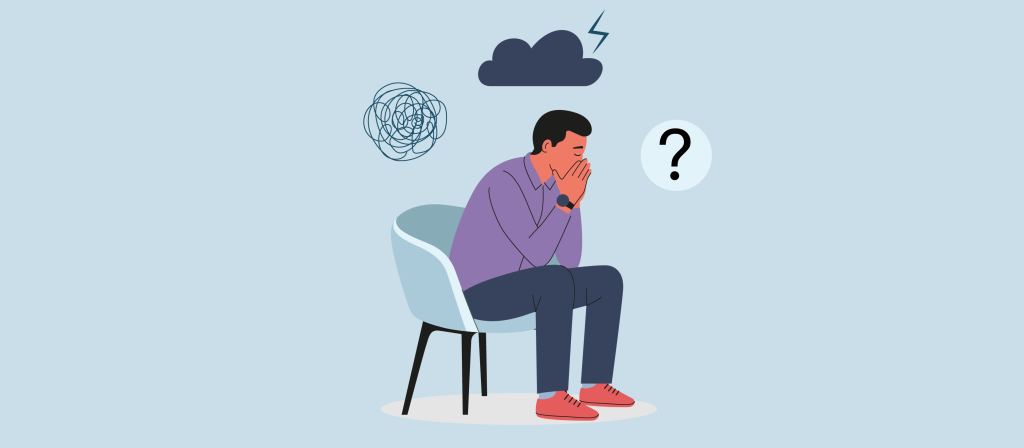Introduction
Depression is a serious mental health condition that affects millions of people worldwide. It goes beyond temporary feelings of sadness and can significantly impact daily functioning. Understanding the common symptoms is crucial for early recognition and seeking appropriate professional help.

Emotional Symptoms
Individuals experiencing depression often report persistent feelings of sadness, emptiness, or hopelessness that last for most of the day, nearly every day. Many describe a loss of interest or pleasure in activities they once enjoyed, including hobbies, social interactions, and sexual activity. Increased irritability, frustration, or anxiety are also common emotional manifestations.
Cognitive Changes
Depression frequently affects cognitive functions, leading to difficulties with concentration, memory, and decision-making. Individuals may experience slowed thinking processes and negative thought patterns, including excessive guilt, worthlessness, or self-blame. In some cases, recurrent thoughts of death or suicide may occur.
Physical Symptoms
The physical manifestations of depression include significant changes in sleep patterns, such as insomnia or excessive sleeping. Appetite and weight changes are common, with some people experiencing decreased appetite and weight loss, while others may have increased cravings and weight gain. Persistent fatigue, low energy, and decreased physical activity levels are frequently reported.
Behavioral Changes
Observable behavioral changes often include social withdrawal and isolation from friends and family. Neglect of personal responsibilities and self-care routines may become apparent. Some individuals may demonstrate either psychomotor agitation (restlessness, pacing) or retardation (slowed movements and speech).
Important Considerations
Symptoms must persist for at least two weeks and represent a change from previous functioning to be considered clinically significant. The severity of symptoms can range from mild to severe, and their presentation may vary among individuals based on age, gender, and cultural background.
When to Seek Help
Professional evaluation is recommended when symptoms:
- Persist for more than two weeks
- Interfere with work, school, or relationships
- Cause significant distress
- Include thoughts of self-harm or suicide
Treatment Options
Various evidence-based treatments are available, including psychotherapy, medication, and lifestyle modifications. The specific treatment approach should be determined by qualified healthcare professionals based on individual needs and circumstances.
Note: This information is provided for educational purposes only and does not constitute medical advice. If you or someone you know is experiencing symptoms of depression, please consult a qualified healthcare provider for proper diagnosis and treatment recommendations.
